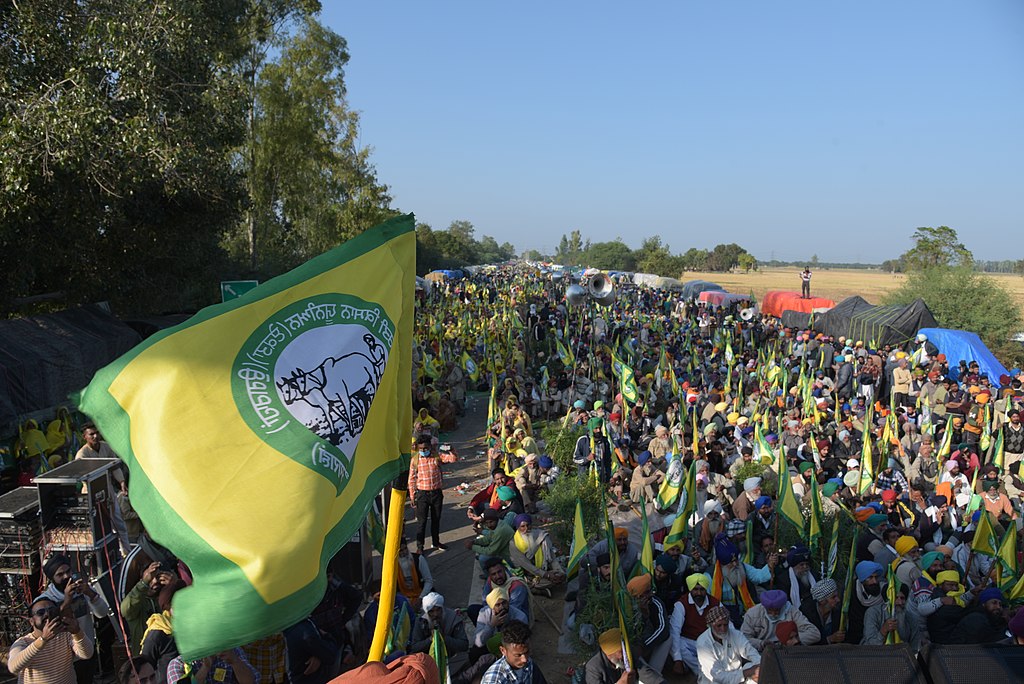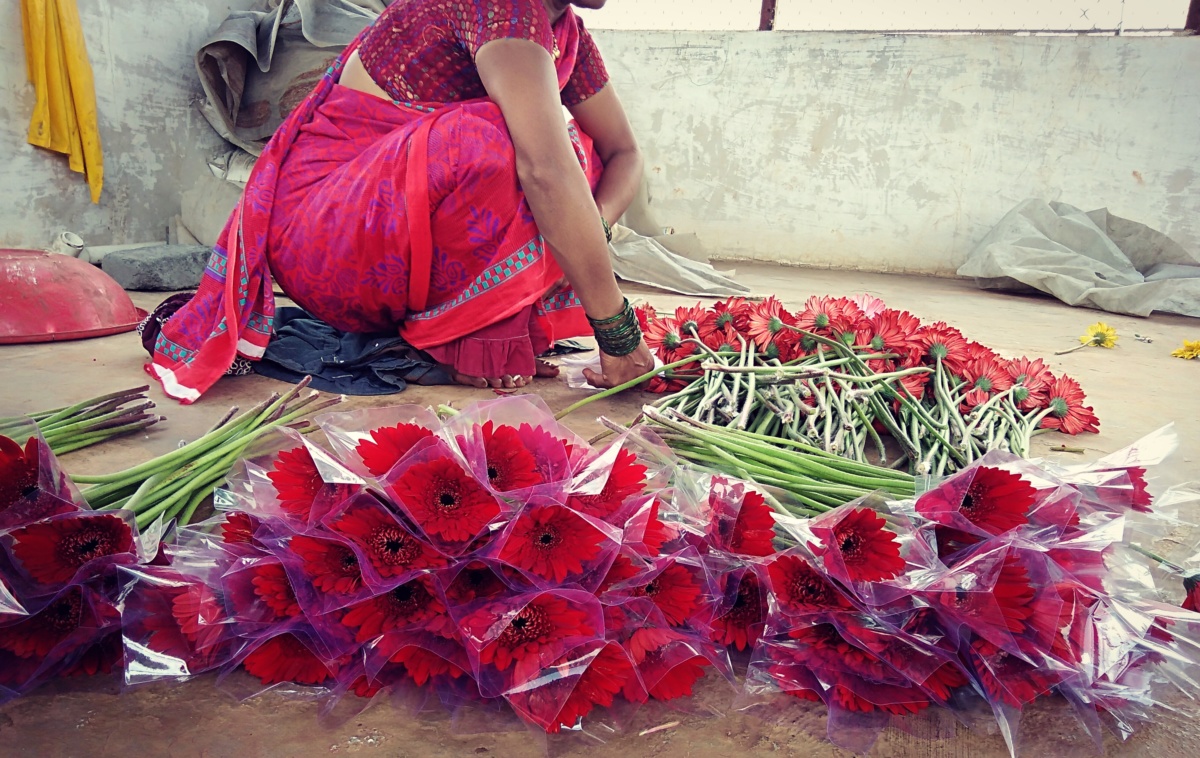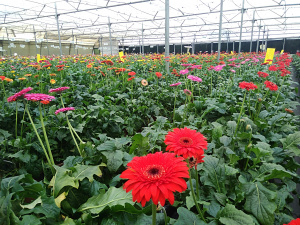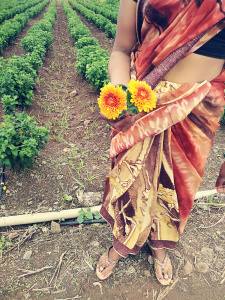WEGO-ITN partners and researchers – together with dozens of international academics – share their support for farmers’ protests in India, in a letter published today by The Independent. The protests have been taking place since mid-2020 and the response of the Indian government has raised concerns among international development academics. Read the full letter and it signatories here:
Letter in support of farmers’ protests in India
As international development academics, we are deeply concerned about the Indian government’s treatment of the farmers’ protests in India. For over two months, millions of farmers have been protesting peacefully against three new market-friendly farm bills. These were passed by prime minister Narendra Modi’s National Democratic Alliance government without full discussions in parliament.
These laws pave the way for billionaire-owned corporate control over India’s agri-food system and will have serious impacts on the price and procurement of farm produce. Farming incomes have already been declining steadily due to India’s longstanding agrarian crisis. The new laws will have a devastating impact on farming livelihoods, especially for small and marginal farmers, who face being pushed into poverty. The reforms also weaken the rights of agricultural workers, especially female informal workers.
The new laws include dismantling the public distribution system (PDS), which will compromise food and livelihood security and constitute an attack on India’s constitutional right to food.
Since 26 January, when thousands of farmers marched into New Delhi, the government has cracked down on farmers, their supporters and journalists covering the protests. This adds to the poor human rights record of Modi’s government prior to and during the pandemic, including arresting students, activists and journalists for exercising their constitutional right to peaceful protest.
India’s mainstream media has vilified Sikh protesting farmers as terrorists and the government has launched a vicious campaign branding protesters and their supporters as “anti-national”. The internet has been blocked around Delhi, and roads are barricaded. We urge the Indian government to restrain from authoritarianism and respect citizens’ freedom of expression and right to protest. We also call on the Indian government to repeal the new farm laws and enter into dialogue with the protesting farmers.
Professor Lyla Mehta, Institute of Development Studies, UK
Professor Vinita Damodaran, University of Sussex, UK
Dr Shilpi Srivastava, Institute of Development Studies, UK
For a full list of signatories, click here






